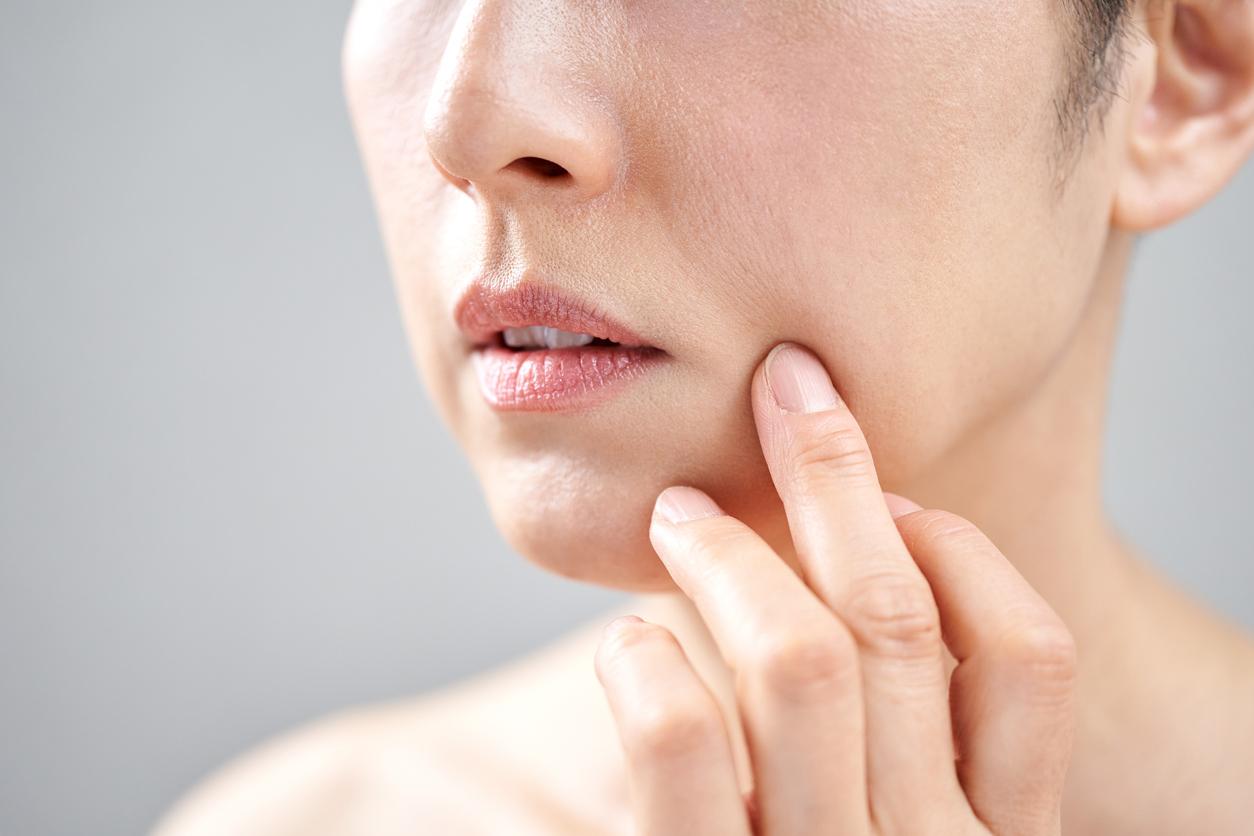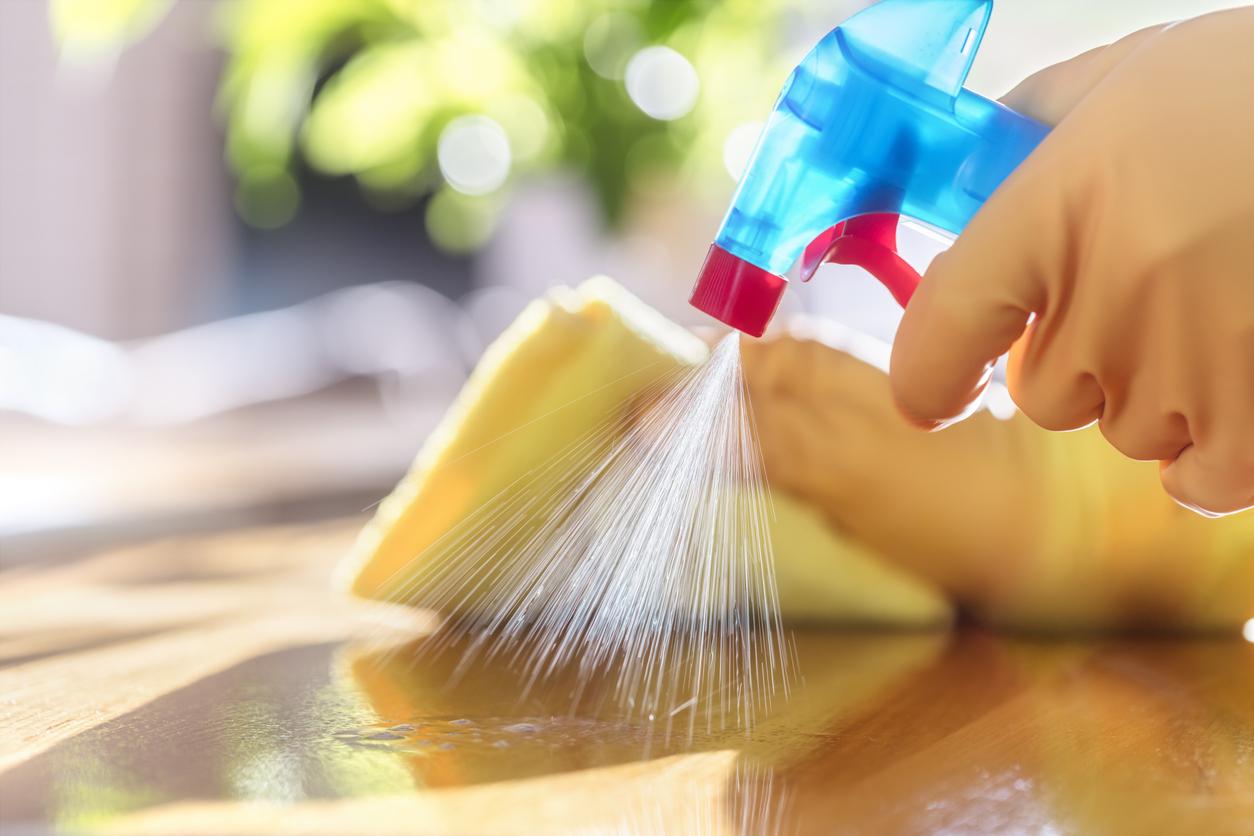One in five everyday items are expected to be banned in Europe due to dangerous chemicals, such as lead and phthalates, found in items.

- According to the European Chemicals Agency (ECHA), 18% of objects sold to consumers and professionals inspected are in breach of the legislation.
- Among the items concerned, we find electrical appliances, sports equipment, children’s toys and fashion products.
- These products contained excessive levels of chemicals, such as lead and phthalates, which are hazardous to health.
Be careful with consumer products, depending on the European Chemicals Agency (ECHA). Before issuing this alert, the institution checked whether different types of articles sold to consumers and professionals on the market in Europe complied with regulations on chemical substances. To do this, she combed through more than 2,400 everyday objects.
Headphones, figurines, yoga mats: chemical substances in 18% of inspected products
According to the results, more than 400 of them were in breach of European Union chemicals legislation. The analysis found excessive levels of dangerous chemicals, such as lead and phthalates, in items sold to consumers. In detail, 52% of electrical devices, such as chargers, cables and headphones, were found to be non-compliant, mainly due to the presence of lead in solder, phthalates in soft plastic parts or cadmium. in printed circuits.
Other items considered dangerous: sports equipment (yoga mats, cycling gloves, balls). The report also revealed that 16% of non-electric toys (bath toys, dolls, figurines, slime, etc.) were in breach of European legislation. Fashion products, such as bags, jewelry, belts, shoes and clothing were also found to be non-compliant due to the phthalates, lead and cadmium they contained.
“In cases where non-compliant products were discovered, inspectors took enforcement action, most of which resulted in the removal of these products from the market,” stressed ECHA.
The health effects of lead and phthalates
As a reminder, lead is a toxic metal naturally present in the earth’s crust. According to the Ministry of Health, in high doses, it can lead to encephalopathy, neuropathies and death in adults and children. This chemical also causes digestive effects. “Lead also has effects on blood pressure, on renal function in adults as well as on the reproduction and development of children and on the central nervous system (decrease in intelligence quotient points, disorders of the caution) in children, even at low doses.”
As for phthalates, which form a family of synthetic chemicals, they are classified as endocrine disruptors. Commonly used as softeners to make plastics, such as PVC, softer and more durable, they are implicated in the occurrence of cancer, according to the Léon Bérard Cancer Center.
“Several orthophthalates, for example DEHP, dibutyl phthalate (DBP), diisobutyl phthalate (DIBP), and benzyl butyl phthalate (BBP), may harm fertility or the unborn baby and interfere with our hormonal system. They particularly affect the sexual development of boys, which can lead to infertility in adults”, reported the cat.

















